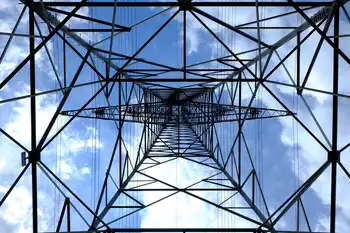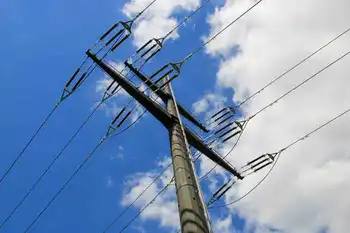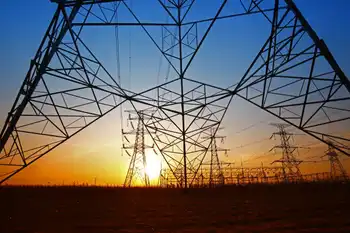Power plant deregulation is faulted
CONNECTICUT - State legislators who want to increase government regulation of power plants presented an analysis concluding that consumers in states with deregulated energy markets — like Connecticut's — pay considerably more for electricity.
But neither their concerns nor the report by Power in the Public Interest is expected to reignite the debate over reversing the state's decade-old deregulation law when the General Assembly opens its session next week, legislators and energy industry lobbyists said.
"The players and the facts on the ground haven't fundamentally changed," said state Rep. Steve Fontana, D-North Haven, co-chairman of the legislature's energy committee.
Power generation and supply representatives dismissed the report, saying it failed to take several important factors into account.
In the face of rapidly rising electricity rates and after two years of debate, state legislators passed an energy bill last spring that focused on conservation and reducing demand rather than restoring a regulated market.
The legislation took few steps to reverse a landmark 1998 law that required utility companies in Connecticut to sell their power plants and buy electricity on the open market.
Fontana and state Rep. Vickie Nardello, D-Prospect, vice chairwoman of the energy committee, advocated having the state take more control over the electricity system. They opposed the final legislation, saying it didn't do enough to address rising rates.
Fontana and Nardello said the study from Power in the Public Interest, a group in Washington state formed by public utilities and utility organizations, shows why further action is needed. They said that although there is probably little support to take up large-scale energy reform again this year, they plan to propose several smaller measures.
The analysis found that in states that deregulated power generation over the last decade, consumers pay 4.4 cents more per kilowatt-hour for electricity than those in states with regulated markets. In Connecticut, the difference is more dramatic, with residents paying 8.4 cents more per kilowatt-hour. That amounts to $2.8 billion a year more overall, compared to costs in regulated states, the study found.
"The theory [of deregulation] is wrong," said Marilyn Showalter, executive director of Power in the Public Interest. "It is not just the theory is right and it didn't work."
Lobbyists and power industry executives said the analysis was simplistic, failing to take into account regional differences in fuel supplies, environmental standards and resistance to power plant construction. Industry officials cited other studies that found that consumers saved money compared to the former regulated system, under which utilities generated electricity.
"There are some fatal flaws with the analysis," said Chris Kallaher, director of government and regulatory affairs for Direct Energy, a retail supplier of electricity to businesses and homes in Connecticut.
Related News

Europe to Weigh Emergency Measures to Limit Electricity Prices
PARIS - The European Union should consider emergency measures in the coming weeks that could include temporary limits on electricity prices, European Commission President Ursula von der Leyen told leaders at an EU summit in Versailles.
The reference to the possible measures was contained in a slide deck Ms. von der Leyen used to discuss efforts to curb the EU’s reliance on Russian energy imports, which last year accounted for about 40% of its natural-gas consumption. The slides were posted to Ms. von der Leyen’s Twitter account.
Russia’s invasion of Ukraine has highlighted the vulnerability of Europe’s energy supplies and raised fears…




